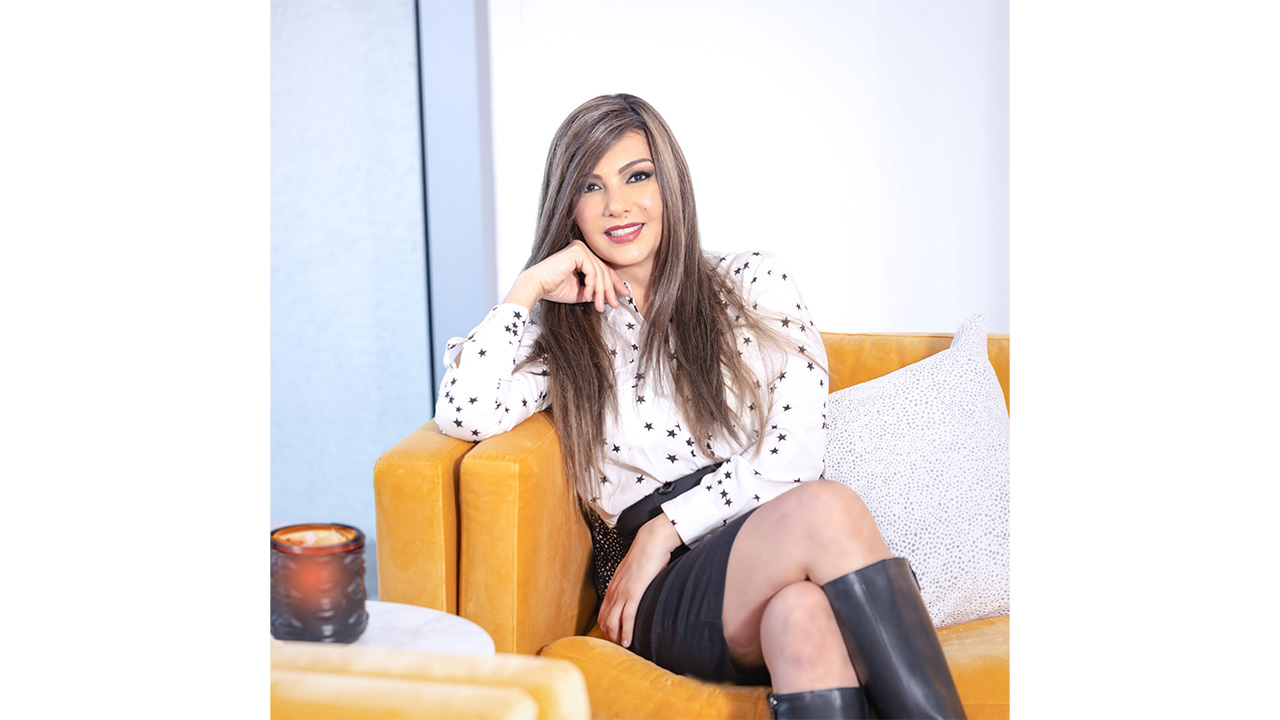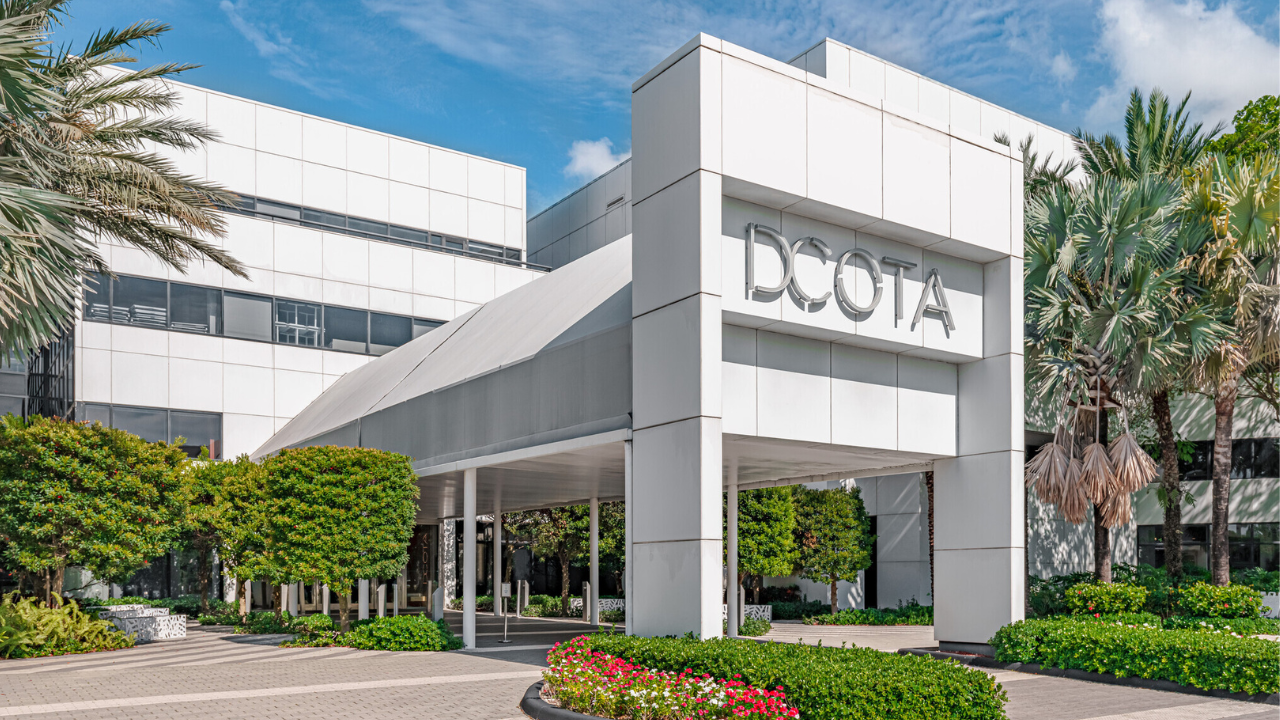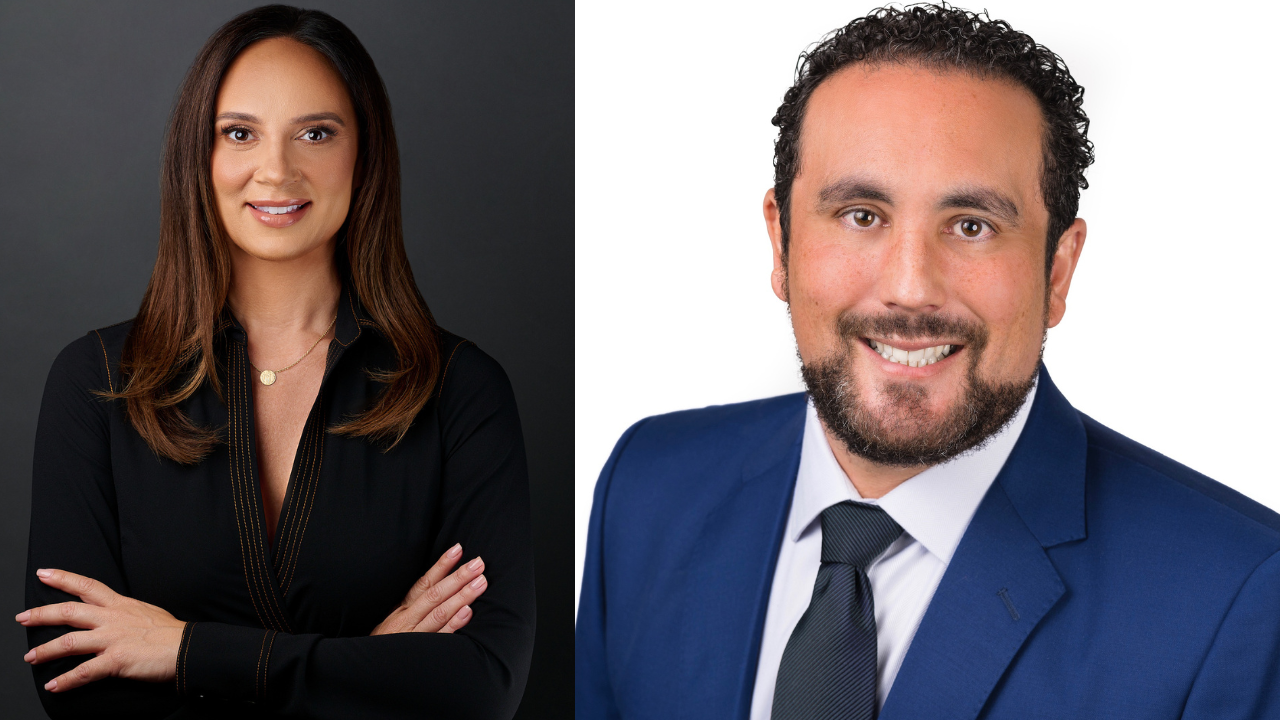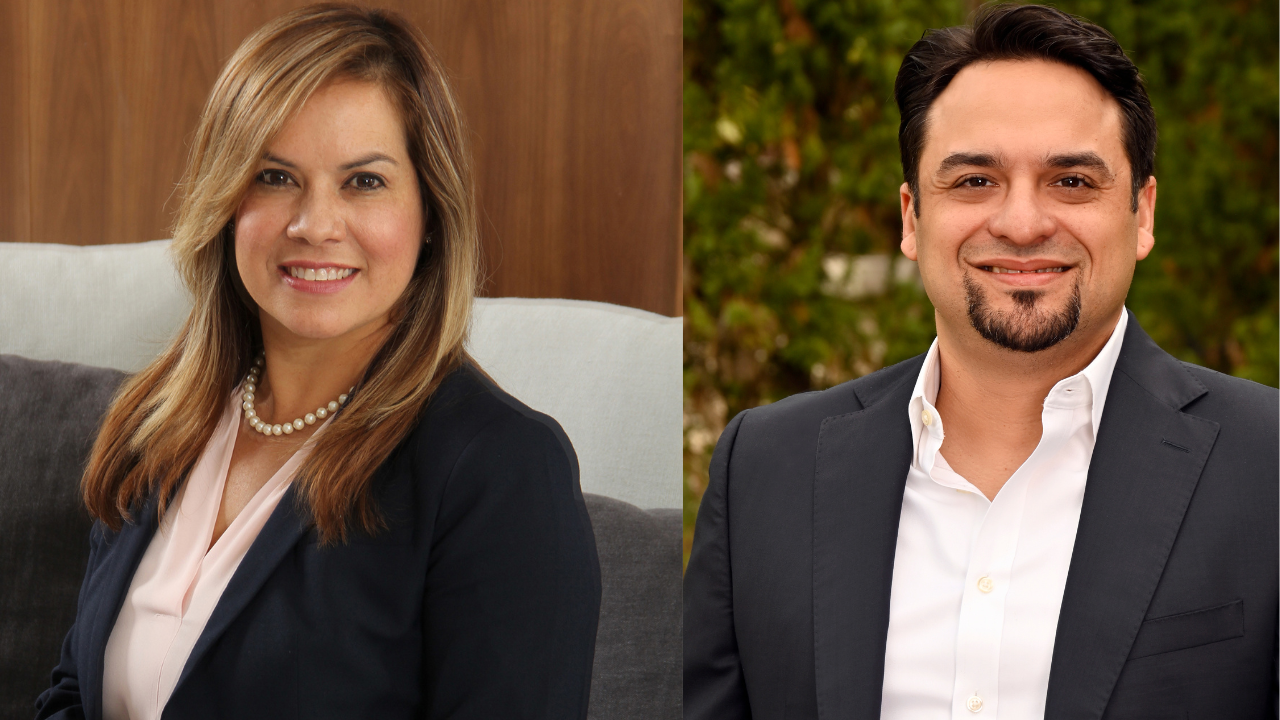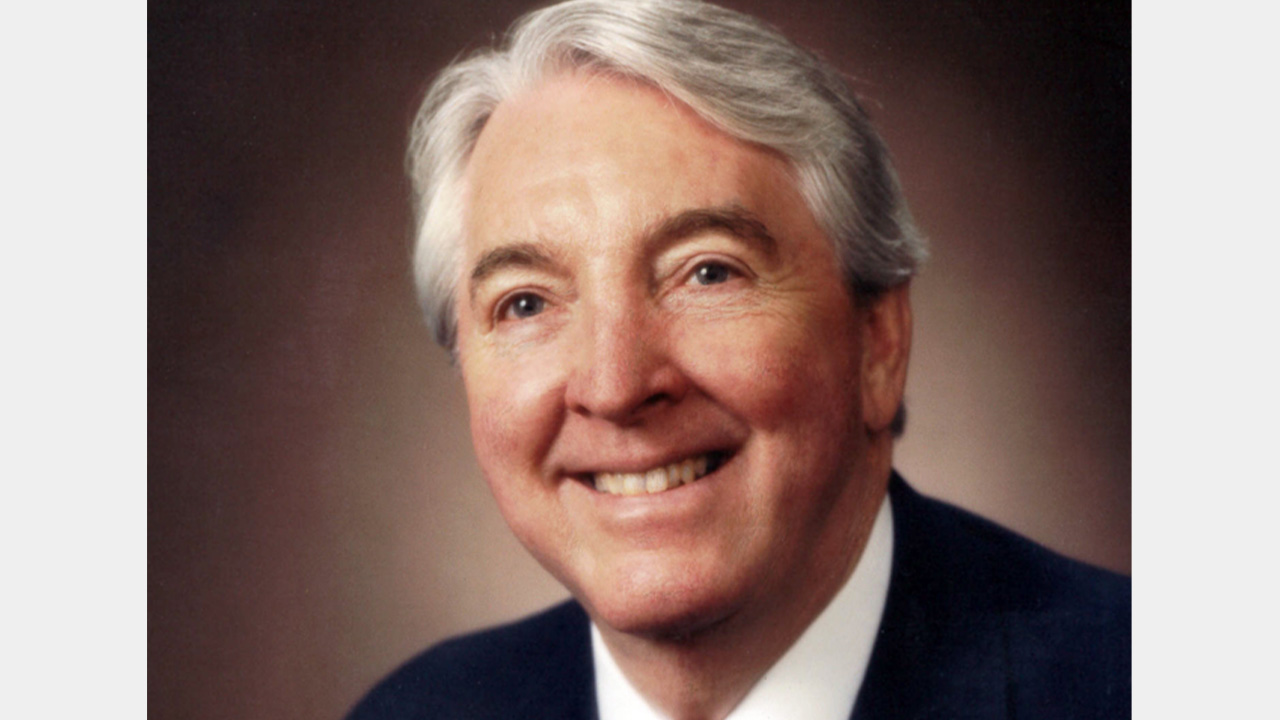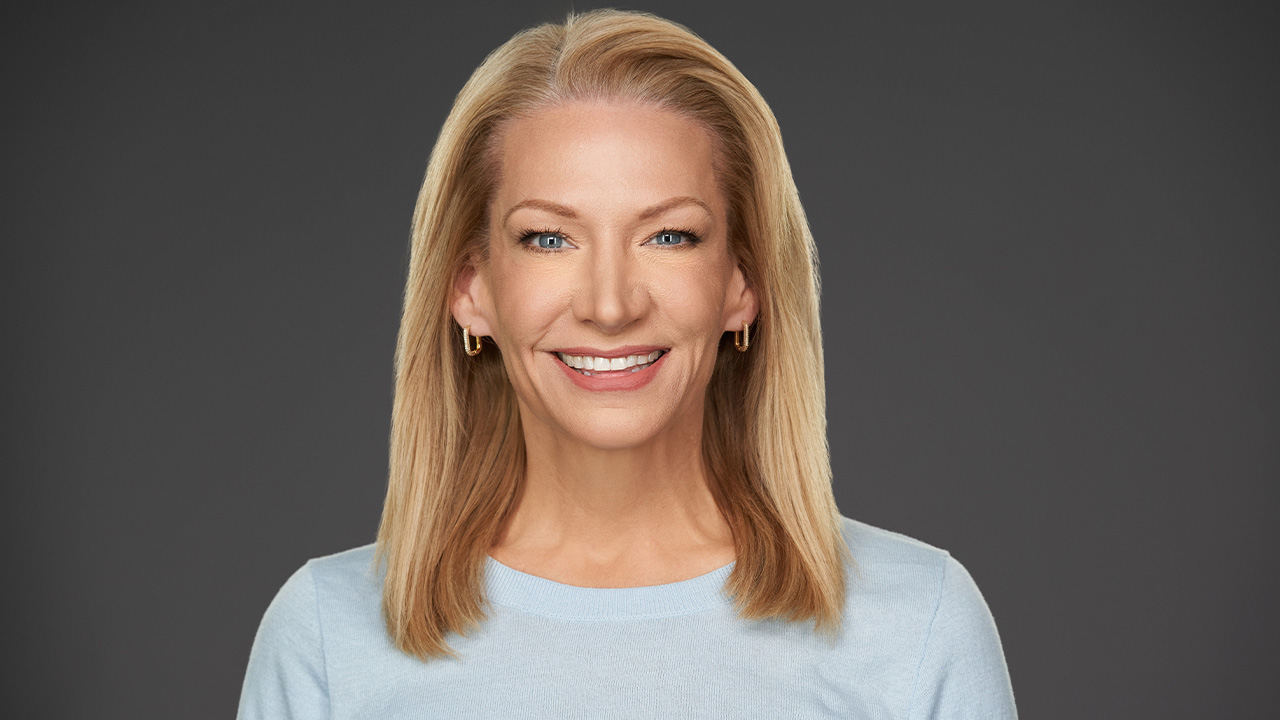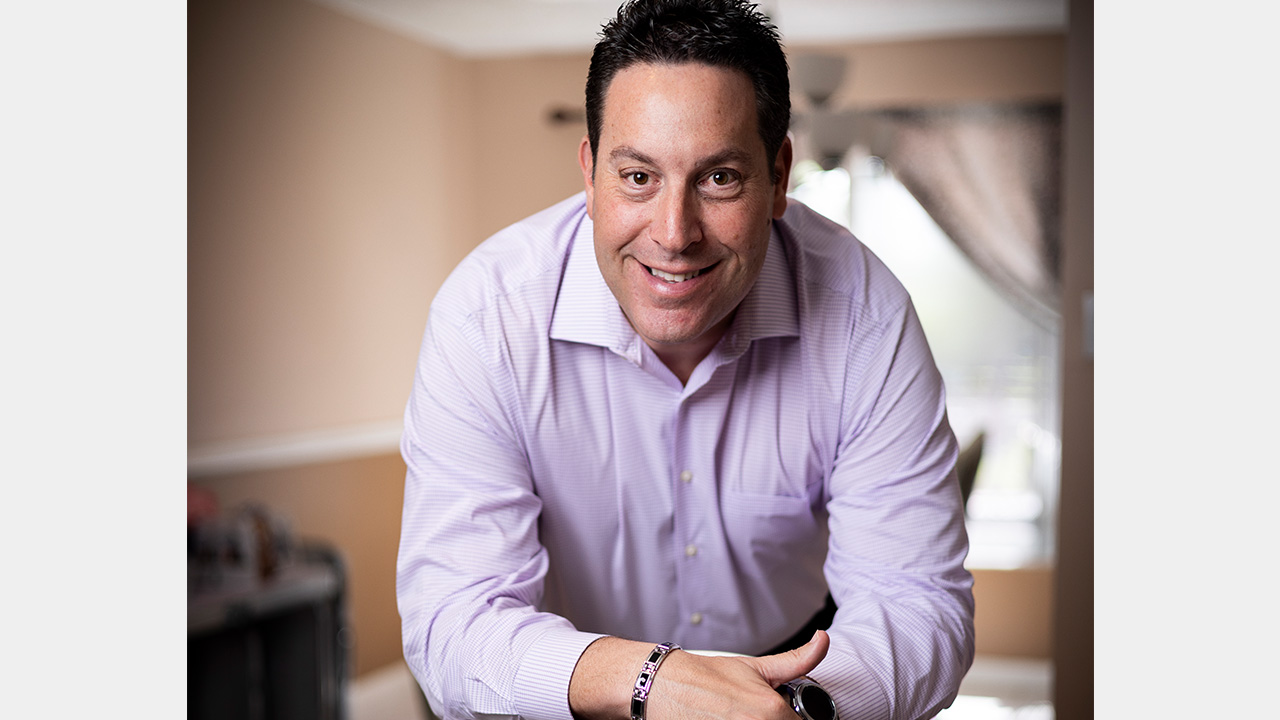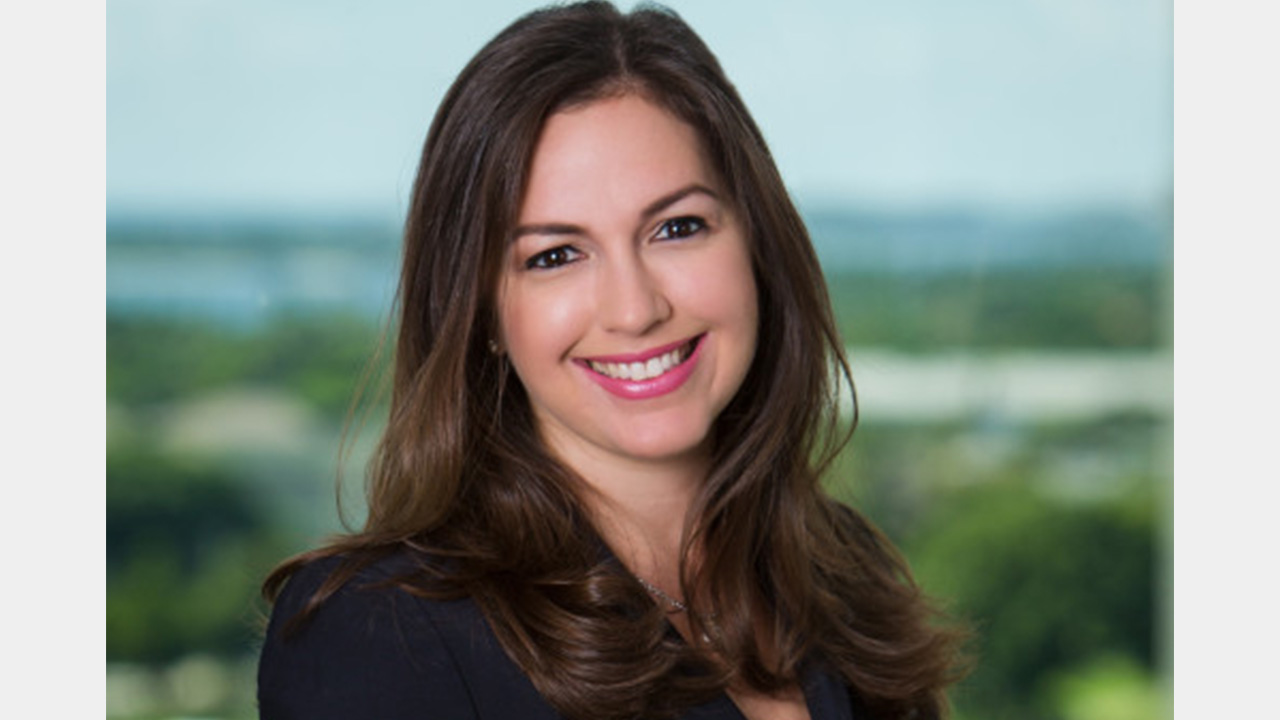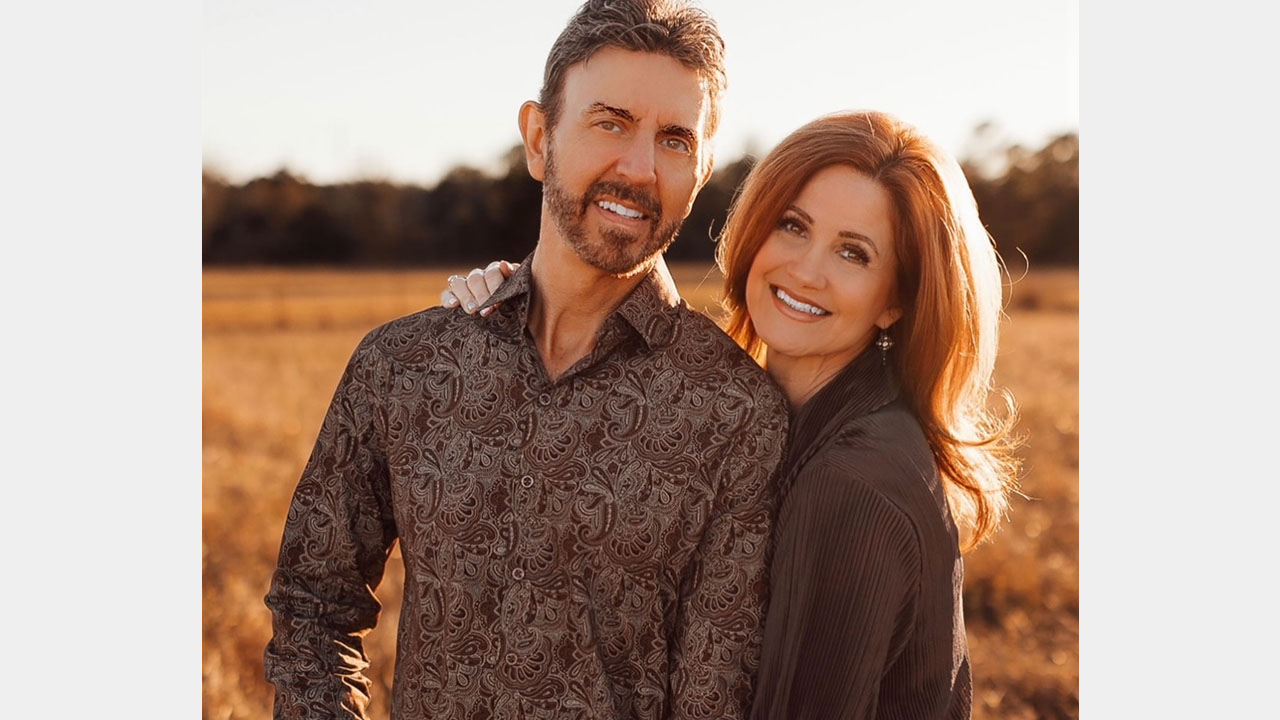She has been spat on, cursed at, threatened at gunpoint and, just weeks ago, punched in the face and knifed near her eye for doing her job. “I see horror all day long,” says Somy Ali, the CEO of Miami-based nonprofit organization No More Tears. Yet, she adds, “It’s worth every second.”
Just last year, the White House declared January 2022 National Human Trafficking Prevention Month, but 16 years have passed since Ali, a former Bollywood star, established her organization determined to assist, secure and empower victims of domestic violence and human trafficking internationally.
These crimes are escalating. Statistics are on NMT’s website, nomoretearsusa.org: 25 million people worldwide are trafficked; approximately one in four women and one in seven men will experience physical violence by their intimate partner in their lifetimes and even more will experience sexual violence; annually 325,000 children are at risk of becoming victims of commercial child sexual exploitation. And for the LGBTQIA-plus community, though the stories of abuse and killings are largely unreported or misreported, many studies have found a lifetime prevalence of intimate partner violence to be as much, if not more, than the general population.
To date Ali has helped more than 35,400 adults and children—and even their pets— escape abuse. Sometimes, she sends victims airplane tickets and gathers them at the airport. Other times, she meets them at police stations or coffee shops. (Ali receives an average of nine to 10 referrals daily from South Florida’s tri-county area alone. “Florida is No. 3 for human trafficking,” she explains.)
Ali delivers all the emotional, financial and other resources necessary to endure. The help might start with rental income or medical services, but as time passes the needs often include help paying for groceries, therapy, legal assistance, transportation, clothing and more. Funds also go toward providing educational support and services, such as driving lessons. “We’re giving them a barrage of resources so they don’t need to go back [to their abusers],” she explains. Ali can relate to their experiences and needs: She says she is also a sexual abuse, rape and domestic violence survivor.
With help from unpaid volunteers, Ali runs NMT without an office and refuses to take a salary. She uses her own car to transport victims, plus she says she finances many of the services out of her own pocket, largely from personal real estate investment profits. Nearly three dozen of her volunteers work together annually to host NMT’s annual gala; their fundraising goal is $300,000. (“Those are the heroes,” Ali says. “Without that committee, we wouldn’t be able to do what we’re doing.”)
Before launching the NGO in 2017, Ali volunteered at nonprofit groups to learn how they ran. “And I was very disillusioned,” she recalls. “I saw CEOs taking salaries up to $800,000.” Though Ali says she does not expect any of the volunteers to be as hands-on as she is, she also warns applicants that NMT is no place for haughtiness: “If you’re going to come join my nonprofit, you’re going to sit on my board, deem it a privilege and leave your ego at the door.”
In 2019, the founder’s ethics drew the attention of Erika Hardin, a television show director of development, who became an NMT donor. Then Hardin pitched Ali and No More Tears. The result: Fight or Flight, a six-episode docuseries that debuted on Discovery+ in May 2022. Perhaps unsurprisingly, the series was subsequently banned in some of the countries that the World Health Organization tagged “hotspots” for violence against women. Ali credits her abusive ex-boyfriend, a Bollywood celebrity, for getting the show blackballed in the United Kingdom, Canada and India. “We were supposed to have three seasons,” she says. “It was supposed to be international. We lost out on so many donors.”
While Ali would ultimately like to expand NMT into India and Pakistan, what NMT needs imminently are recurrent funds from generous corporate benefactors: “There have been times—many a time actually—we don’t have the funds because nobody wants to help victims of domestic violence. There’s a stigma. A lot of victim-blaming that takes place.”
Regardless, Ali relishes NMT’s successes through the years, starting with the first abuse victim she was able to extract. Once beaten for pursuing an education, that woman now has her Ph.D. in pharmacy. Others have entered careers in real estate, law and aesthetics. Thousands more have gone on to enjoy happy lives and healthy families.
“As a child, I was told I’d amount to nothing,” Ali says. “It took a lot for me to understand that I am actually worth something and I have actually done something and saved lives. I’ve accomplished a lot. I believe in myself.”


